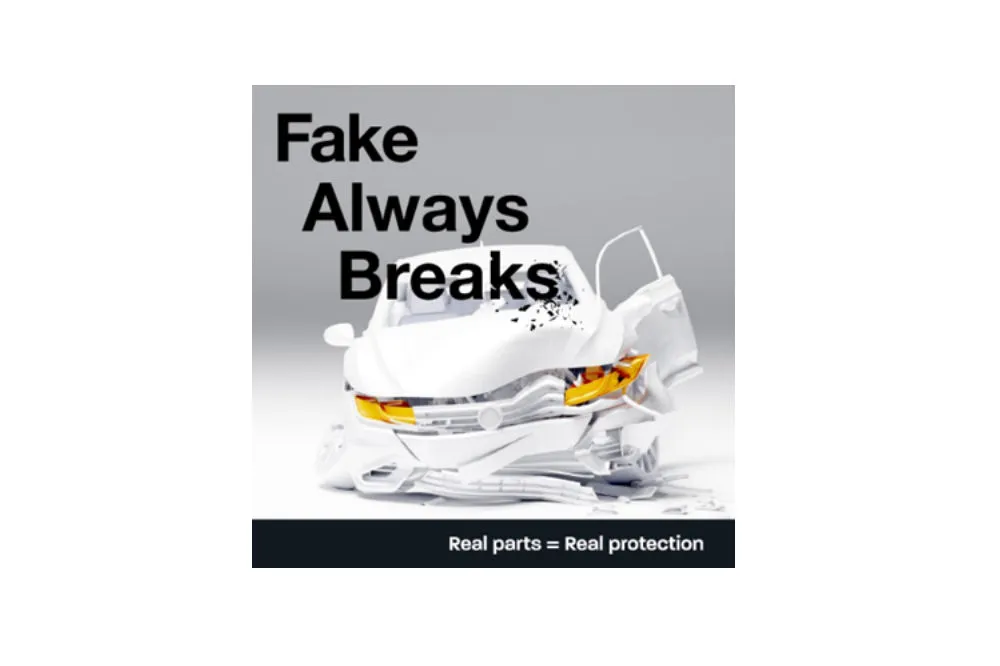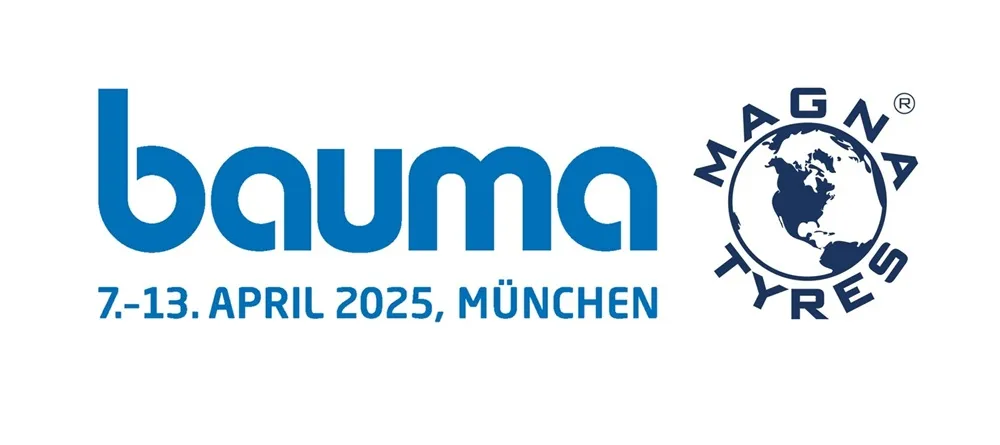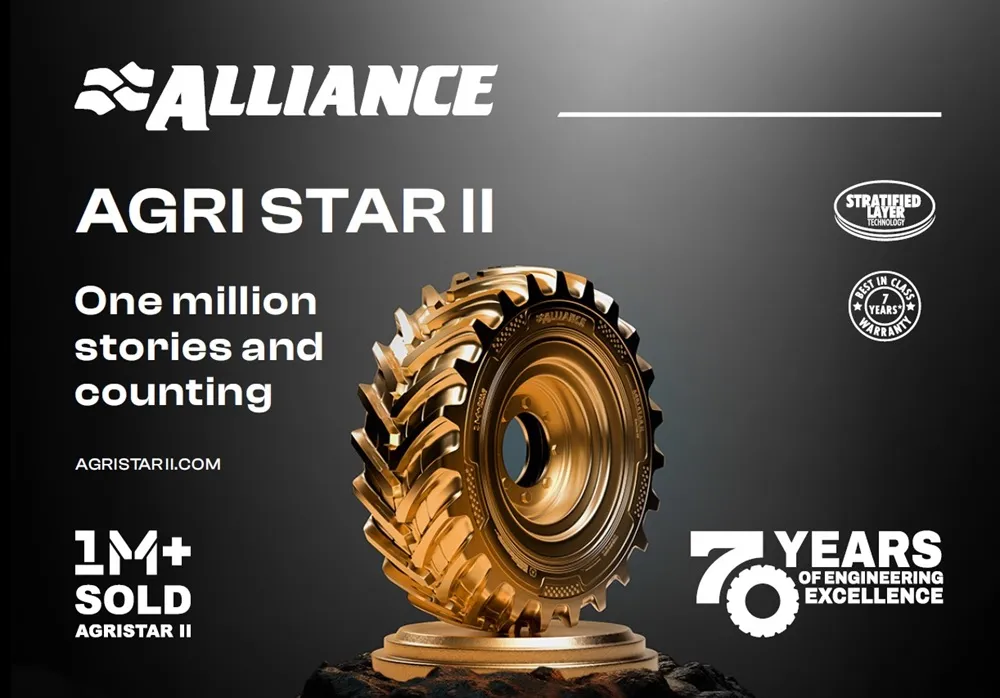The trade in counterfeit vehicle parts not only harms legitimate manufacturers and traders while enriching criminals, but can also lead to life-changing or life-ending consequences for road users
UK IPO builds counterfeit awareness campaign – Fake Always Breaks
The UK’s Intellectual Property Office (IPO) has launched a new ‘Fake Always Breaks’ awareness campaign warning of the dangers of buying counterfeit vehicle parts, highlighting to consumers and the motor trade that counterfeits parts are more likely to fail, putting lives at risk, and endangering road users. The campaign is targeted at car owners, but equally applies to commercial vehicle operators, particularly those operating in challenging markets who might seek to cut costs by using cheaper components.
It can be hard to tell counterfeit TPMS products from genuine ones as counterfeiters try to make exact copies of OE TPMS parts. Counterfeits often use inferior or low-quality components to reduce production costs, which leads to these counterfeit products not performing in the same way as OE or aftermarket TPMS products manufactured by a reputable manufacturer.
With TPMS sensors, there are a few key giveaways that they might be counterfeit such as missing or misspelled manufacturer names or logos, incorrect countries of origin, and missing FCC numbers and other factory markings. You should also pay close attention to the quality of production, checking for cheap looking or non-standard components such as screws and valves, missing parts on the circuit board, and cheap potting or low-quality plastic housings on the sensor body.
For TPMS diagnostic tools, counterfeits can be identified in similar ways as with sensors, and will have been produced using low-quality materials to reduce costs. Again, look for any incorrect branding, logos or icons on the tools faceplate that may indicate a counterfeit, also taking note that the production markings, warnings symbols, and the FCC identification numbers and text on the rear of the tool. The main issues from using counterfeit TPMS diagnostic tools are caused by the unauthorised or pirated software provided by counterfeiters to operate the tool, with these using out of date sensor protocol databases with no subscription or updates available. The omission of software or database updates should be a sign that the purchased tool is not authentic, as the official, licenced software will typically only be available to download via the tool manufacturers website or distributor network. A non-updated diagnostic tool will likely have major restrictions to the available sensor coding processes, with the input of non-updated protocols resulting in the persistent failure to program sensors correctly.
In these increasingly disturbed times, all a hacker needs is a single point of entry into your data system. A counterfeit TPMS diagnostic tool could be just that gateway. It seems incredible, but at top levels of engineering digital security is a key element in making systems safety compliant. Without the backing of a global player, there is often no real expectation of compliance with digital safety.
Hamaton has a range of TPMS products for all vehicle types including diagnostic tools, sensors, valves and consumables designed to fit seamlessly into existing changing and maintenance procedures. Manufactured to the most exacting standards, Hamaton TPMS products are produced under controlled quality standards, and are certified by TÜV SÜD for IATF 16949:2016 and ISO 9001:2015 to ensure durability, lifespan, and quality.
Miles Rees, IPO Deputy Director of Enforcement said of the campaign; “The ‘Fake Always Breaks’ campaign seeks to arm operators and the vehicle repair and servicing industries with the awareness they need to help spot a fake, avoid the risks, and report sellers.”
The campaign is being supported by a range of manufacturers in the automotive industry, vehicle repair and servicing sectors, including the Independent Automotive Aftermarket Federation (IAAF) and the Independent Garage Association (IGA), and highlights new guidance and advice for consumers and the motoring industry on how to spot and report counterfeit car parts.
Most vehicle parts manufacturers have brand protection teams that investigate counterfeit vehicle parts, and garages and workshops that identify fake parts should report them directly to the manufacturer using the contact information provided on the business guidance document which can be found on the IPO website.








